In our contemporary world, where plastic has seamlessly woven itself into our daily routines, it’s widely acknowledged that the issue of plastic pollution has escalated to concerning proportions. Plastic is ubiquitous from the plastic bags we carry groceries to the packaging of our favorite snacks. While recycling has been a common solution, it’s time to delve deeper and explore the multifaceted strategies that can help us combat plastic pollution. In this article, we will journey beyond recycling to discover innovative solutions that can significantly impact reducing plastic pollution.
The Plastic Predicament: Understanding the Scale of the Problem
Plastic pollution is not just a minor inconvenience; it’s an environmental crisis of colossal proportions. Millions of plastic waste enter our oceans, rivers, and landfills every year. This rampant pollution seriously threatens our ecosystem, marine life, and even human health. To tackle this issue effectively, we must first grasp the sheer magnitude of the problem.
The Recycling Myth: Why Recycling Alone Isn’t Enough
Recycling has long been hailed as the silver bullet for plastic pollution. While it plays a vital role in reducing waste, it’s essential to realize that recycling is not a magic wand that can make plastic pollution disappear completely. Let’s uncover the realities and limitations of recycling.
The Downside of Downcycling
Recycling plastic often leads to a process called downcycling, where the quality of the plastic degrades with each cycle. Eventually, it becomes non-recyclable and ends up in landfills. This underscores the need for alternatives to traditional plastics.
Rethinking Packaging: Sustainable Alternatives for Businesses
Businesses have a significant role to play in reducing plastic pollution. One effective way is to rethink packaging strategies. Companies can minimize their plastic footprint by adopting sustainable materials and innovative designs.
Embracing Bioplastics
Bioplastics offer a hopeful substitute for traditional plastics. Crafted from renewable materials such as cornstarch or sugarcane, they possess the ability to decompose naturally and leave a smaller ecological footprint.
Consumer Responsibility: How Individuals Can Make a Difference
Individuals, too, have a pivotal role in addressing plastic pollution. By making conscious choices and reducing personal plastic consumption, we can contribute to a cleaner planet.
Small Steps, Big Impact
Simple changes, such as using reusable shopping bags, stainless steel straws, and glass containers, can collectively make a substantial difference. These small steps are easy to incorporate into daily life.
Innovation in Materials: Biodegradable and Eco-Friendly Plastics
The plastic industry is evolving, and with it, the materials used in manufacturing. Biodegradable plastics and eco-friendly alternatives are gaining traction as sustainable options.
Biodegradable Plastics: Nature’s Allies
Biodegradable plastics break down naturally into harmless compounds over time. They offer a promising avenue for reducing the long-lasting impact of plastic pollution.
Legislative Initiatives: Government Policies to Tackle Plastic Pollution
Government intervention is critical in combating plastic pollution. Policies and regulations can shape industries and encourage sustainable practices.
Banning Single-Use Plastics
Numerous nations are embarking on the courageous path of prohibiting single-use plastics, including items like straws and plastic bags. These prohibitions serve to diminish the influx of plastic waste into our surroundings.
Ocean Cleanup: Removing Plastic from Our Oceans
Our oceans are drowning in plastic, posing a grave threat to marine life. Ocean cleanup initiatives are working tirelessly to remove this plastic menace.
The Great Pacific Garbage Patch
The Great Pacific Garbage Patch is a massive accumulation of plastic debris in the North Pacific Ocean. Innovative projects are striving to clean up this environmental disaster.
Plastic-Eating Enzymes: Nature’s Solution to Pollution
Nature has its way of dealing with pollution. Recently, scientists discovered plastic-eating enzymes that have the potential to break down plastic waste.
Enzymes in Action
These remarkable enzymes can degrade plastic much faster than natural processes. Harnessing their power could revolutionize plastic waste management.

The Role of Education: Spreading Awareness and Shaping Mindsets
Education and awareness are instrumental in the fight against plastic pollution. When people understand the consequences of their actions, they are more likely to make eco-conscious choices.
Schools and Environmental Programs
Educational institutions play a pivotal role in shaping future generations’ attitudes toward plastic pollution. Environmental programs in schools can instill a sense of responsibility.
Community Engagement: Local Efforts for Global Impact
Communities can be the driving force behind change. Local initiatives, cleanup drives, and advocacy groups can have a far-reaching impact on reducing plastic pollution.
Grassroots Movements
Grassroots movements are empowering individuals to come together and take action. They demonstrate that collective efforts can bring about meaningful change.
Conclusion: Taking Collective Action
In conclusion, plastic pollution is a global crisis that demands immediate attention and action. While recycling is a crucial part of the solution, we must explore many approaches, from sustainable packaging to legislative reforms and innovative materials. By raising awareness, changing habits, and working together as a global community, we can turn the tide against plastic pollution.
Frequently Asked Questions
Q1: What is the main cause of plastic pollution?
The main cause of plastic pollution is the excessive use and improper disposal of plastic products. Single-use plastics and poor waste management are significant contributors.
Q2: How can I reduce my plastic footprint?
You can reduce your plastic footprint by using reusable products, avoiding single-use plastics, properly recycling, and supporting businesses prioritizing sustainable packaging.
Q3: Are biodegradable plastics a sustainable solution?
Biodegradable plastics offer a more sustainable option than traditional plastics, but their effectiveness depends on proper disposal methods and infrastructure.
Q4: What can governments do to address plastic pollution?
Governments can address plastic pollution by implementing bans on single-use plastics, promoting recycling programs, and incentivizing businesses to adopt eco-friendly practices.
Q5: How can I get involved in local efforts to combat plastic pollution?
To get involved in local efforts, you can join community cleanup events, support environmental organizations, and advocate for policies that reduce plastic use in your area.
Plastic pollution is a pressing issue that requires a collective effort. Together, we can significantly impact the planet’s health and ensure a cleaner, more sustainable future for generations to come.

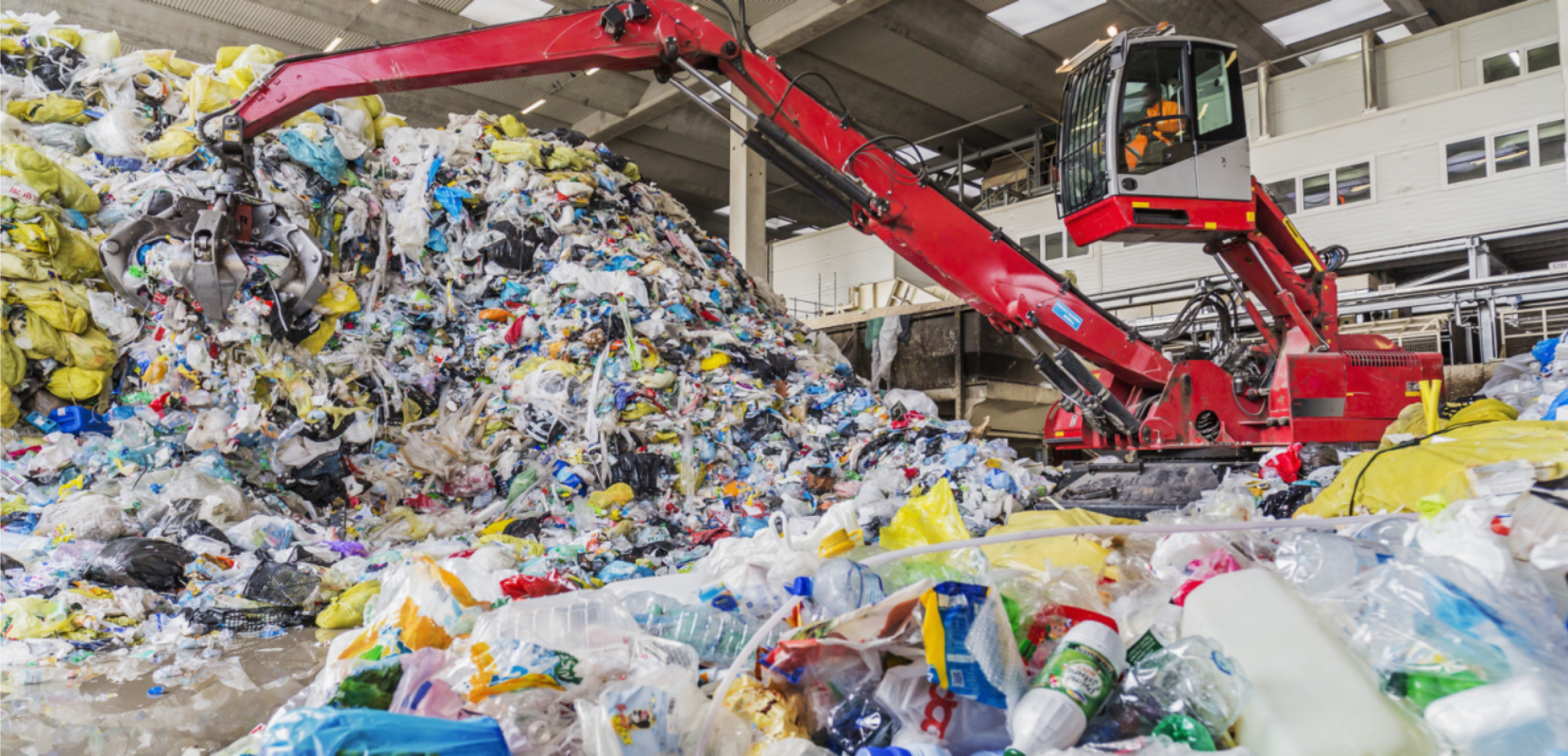





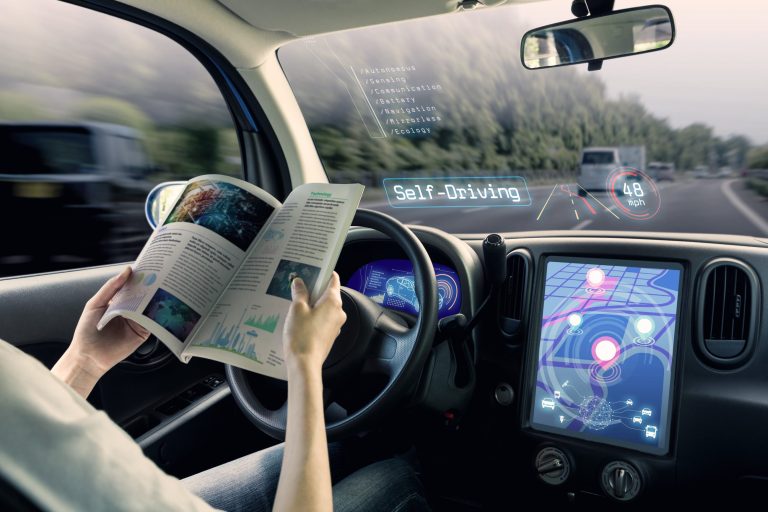
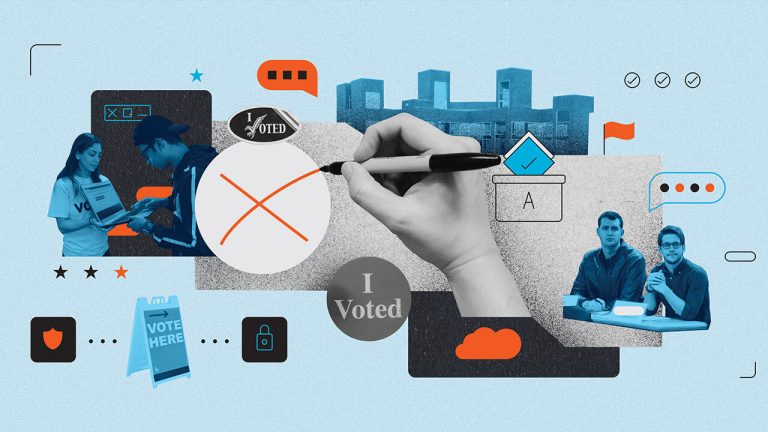
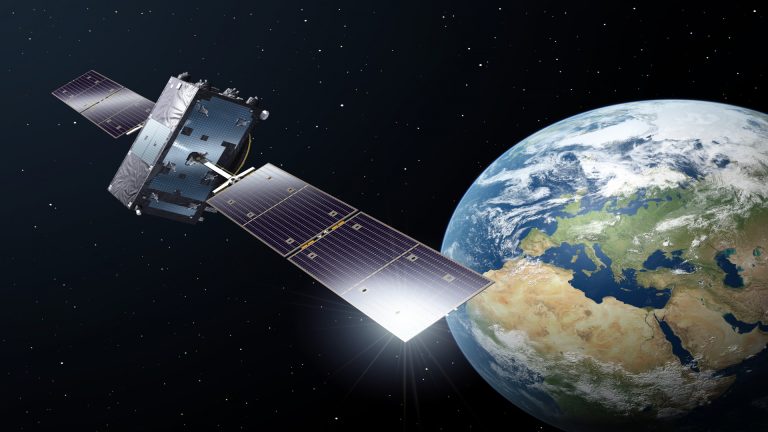

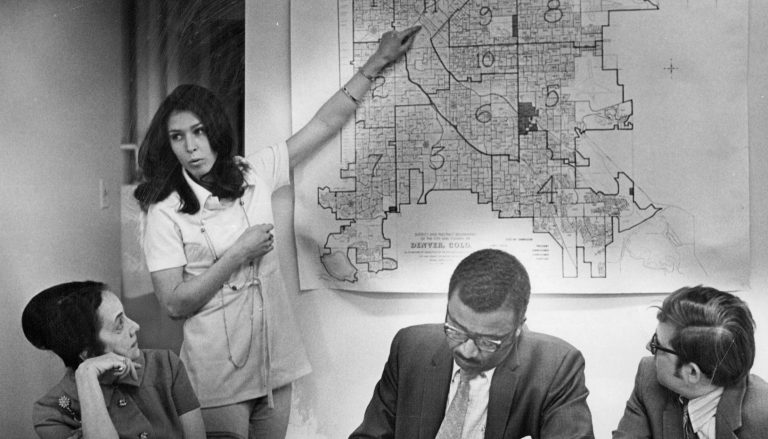
+ There are no comments
Add yours